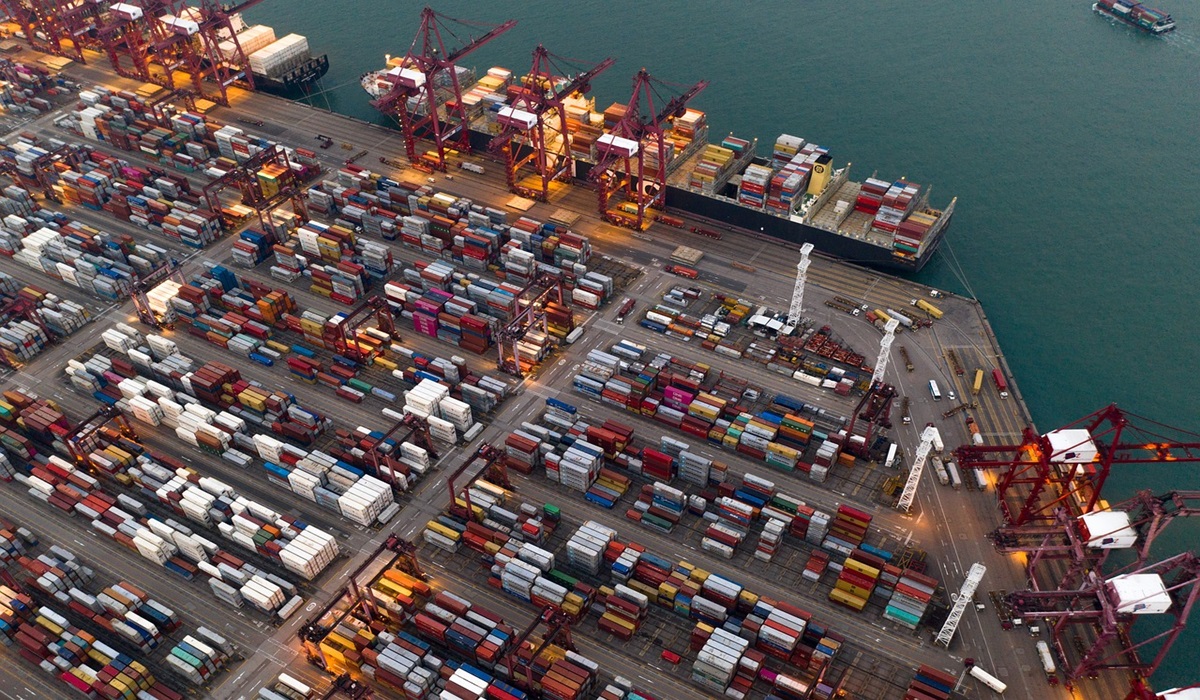Image Credit, Bellergy RC
The decision by China to grant zero-tariff access to its market for 33 African nations marks a pivotal shift in global trade relations. This policy, effective December 1, 2024, applies to Least Developed Countries (LDCs) that maintain diplomatic ties with China. It underscores the growing economic interdependence between Africa and China, offering a transformative opportunity for African nations to expand their exports and deepen trade and investment ties.
By eliminating tariffs, this initiative reduces the cost of African goods entering the Chinese market, enhancing their competitiveness. Products such as agricultural goods, textiles, and raw materials—sectors where African economies often excel—can now flow more freely, creating potential for growth, diversification, and job creation. The Gambia, for example, is poised to benefit significantly, leveraging this opportunity to stimulate its export sector and attract foreign investment.
This policy also signifies a broader strategic approach by China, which seeks to position itself as a partner for African development. It complements existing initiatives like the Belt and Road Initiative and investments in infrastructure and industrialization. According to Lamin Dampha, Permanent Secretary at The Gambia’s Ministry of Trade, this arrangement not only strengthens bilateral ties but also aligns with Africa’s broader goals of self-reliance and sustainable development.
Chen Huiyi, Research and Coordination Analyst at Development Reimagined, highlights how this measure is a step forward in addressing trade inequities faced by African nations on the global stage. For decades, African exports have struggled under the weight of protectionist policies and unequal trading systems imposed by Western economies. In contrast, China’s zero-tariff policy represents a tangible shift toward a trade relationship that seeks mutual benefit.
However, this development also raises questions about dependency. While the reduced tariffs are undoubtedly beneficial, African nations must consider how to use this opportunity to build local industries, improve value chains, and reduce reliance on raw material exports. Leveraging this policy to enhance intra-African trade, as envisioned by the African Continental Free Trade Area (AfCFTA), would ensure a more balanced and resilient economic growth model.
This moment also reflects Africa’s increasingly assertive approach in global trade discussions. By fostering partnerships that prioritize fair terms and tangible outcomes, African nations are setting a precedent for trade policies that genuinely benefit their economies. If managed well, China’s zero-tariff policy could serve as a blueprint for reimagining global trade relations—where development and mutual prosperity are central to the agenda.









